Blog

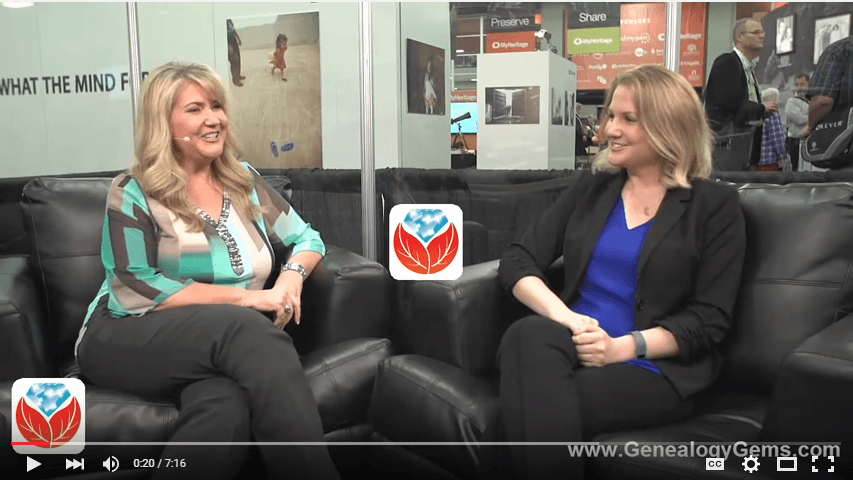
Family History for Kids: 3 Ways to Interest Young People in Genealogy
 Lisa Louise Cooke’s daughter Lacey Cooke shares tips on family history for kids: how to share it with them successfully. (Ignore the eye-rolling!)
Lisa Louise Cooke’s daughter Lacey Cooke shares tips on family history for kids: how to share it with them successfully. (Ignore the eye-rolling!)
At RootsTech 2016, Lisa Louise Cooke took a few moments to chat with her daughter, Lacey Cooke, a recent addition to the Genealogy Gems team. Lacey grew up hearing her mom’s family history stories but never appeared to be “bitten by the bug” in the same way her mom was. Now that she’s a little older and taking more interest, Lacey responds to all those childhood stories and offers some buy x pills online advice to other genealogists.
Check out their video conversation here:
Lacey tips for reaching millennials and the next generations:
- Bait us with something cool we can discover more about on our own.
- Keep it short. Tell us one short, interesting story at a time.
- Don’t give up! We are listening, even if we don’t act like it.
More Gems: Family History for Kids
Secrets of Happy Families Include Family History (free video)
How to Share Family History with the Non-Genealogists in Your Family
A.C. Young Talks about Being Young in Genealogy (Premium website membership required to access)
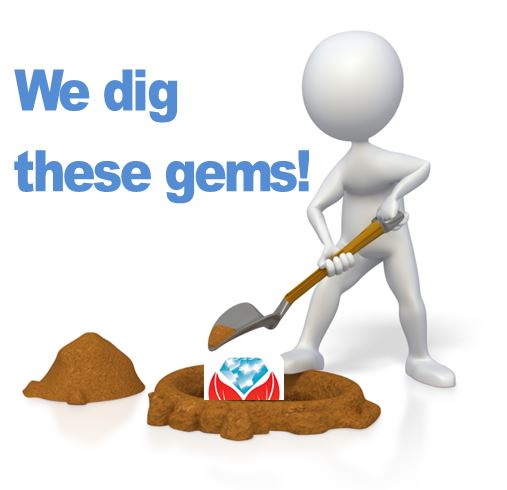
We Dig These Gems! New Genealogy Records Online
Here’s our weekly roundup of new genealogy records online. This week: Australia, Belgium, Czech Republic, England, Germany, Japan, Mexico, Wales and U.S. passport 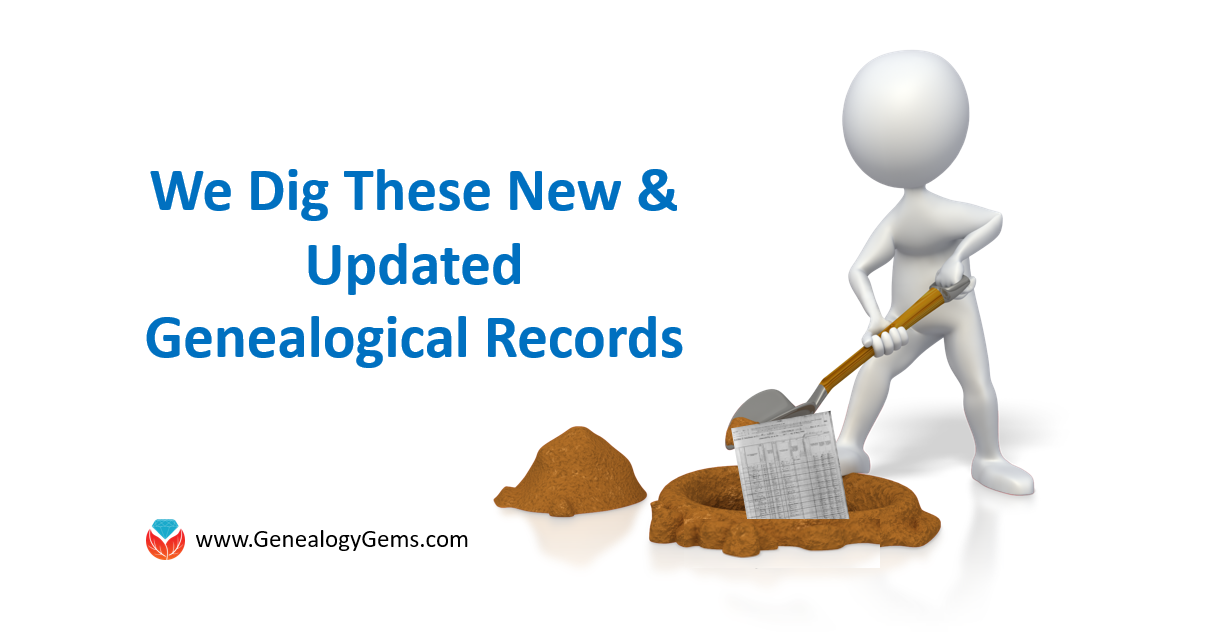 and homestead records.
and homestead records.
AUSTRALIA – QUEENSLAND. Ancestry.com has added several indexes for Queensland, Australia: Prison and Reformatory Indexes (1824-1936), Property Indexes (1842-1895), Index to Aliens (1913) and Occupational Indexes (1857-1922). These indexes all come from the Queensland State Archives. You can search them for free at Ancestry.com or from the QSA website.
BELGIUM CIVIL REGISTRATIONS. FamilySearch has updated its civil registration collections for several parts of Belgium (dating back to the 1500s for some areas): Antwerp, Brabant, East Flanders, Hainaut, Liège and West Flanders. According to FamilySearch, these collections include “civil registration(s) of births, marriages and deaths from the Belgium National Archives. The collection also includes marriage proclamations, marriage supplements, and some original indexes.”
CZECH REPUBLIC SCHOOL REGISTERS. Over a million browsable digital images from the Opava State Regional Archive have been added to a free collection of Czech Republic School Registers (1799-1953) at FamilySearch.org. “School registers contain the full name for a child, birth date, place of birth, country, religion and father’s full name, and place of residence.”
ENGLAND AND WALES SCHOOL RECORDS. Findmypast.com has just added about 687,000 new school admission records for 41 counties in England and Wales (1870-1914). Original records may include names, residence, birth data, school name and location, parents’ names, admission information, father’s occupation, any exemption from religious instruction, previous school attendance, illnesses/absence and even exam results.
ENGLAND – CORNWALL. Several new collections on Cornwall are searchable at Ancestry.com: Congregational and Baptist Church Registers (1763-1923), Workhouse Admission and Discharge Records (1839-1872), Militia and Sea Fencibles Index (1780 – 1831), Bodmin Gaol Records (1821-1899), Penzance Dispensary Admissions (1828-1841), Truro Police Charge Books (1846-1896) and Inmates at St. Lawrence’s Asylum, Bodmin (1840-1900).
GERMANY VITAL RECORDS. Ancestry.com has recently added a new collection of death records for Mannheim. It has also updated collections of birth records for Hamburg; birth, marriage and death records for Regen County (dating to 1876) and birth, marriage and death records for Oldenberg.
JAPAN GENEALOGIES AND VILLAGE RECORDS. FamilySearch.org has added nearly a quarter million browsable images to its collection of Japanese village records (dating back to 709 AD) and nearly 60,000 browsable records to its collection of Japanese genealogies (dating to 850 AD).
MEXICO CIVIL REGISTRATIONS. Ancestry.com has updated its collections of indexed images to Chihuahua, Mexico birth, marriage and death records from civil registrations. The collections are in Spanish, so use Spanish names and locations.
U.S. HOMESTEAD RECORDS. Ancestry.com’s collection of U.S. Homestead Records (1861-1936) has recently been updated. According to the collection description, “Homestead files consist of unbound documents that include final certificates, applications with land descriptions, affidavits showing proof of citizenship, register and receiver receipts, notices and final proofs, and testimonies of witnesses. These documents are part of the Records of the Bureau of Land Management (formerly known as the General Land Office), Record Group (RG) 49. The collection currently includes records from Arizona, Indiana, Nebraska, Nevada, Ohio, and part of Iowa. Additional records will be added in future updates.”
U.S. PASSPORTS. Nearly 40,000 indexed names have been added to FamilySearch.org’s free collection of United States Passport Applications (1795-1925). These are a fantastic resource for finding immigrant ancestors and those who traveled a lot. Click here to learn more about U.S. passport records.
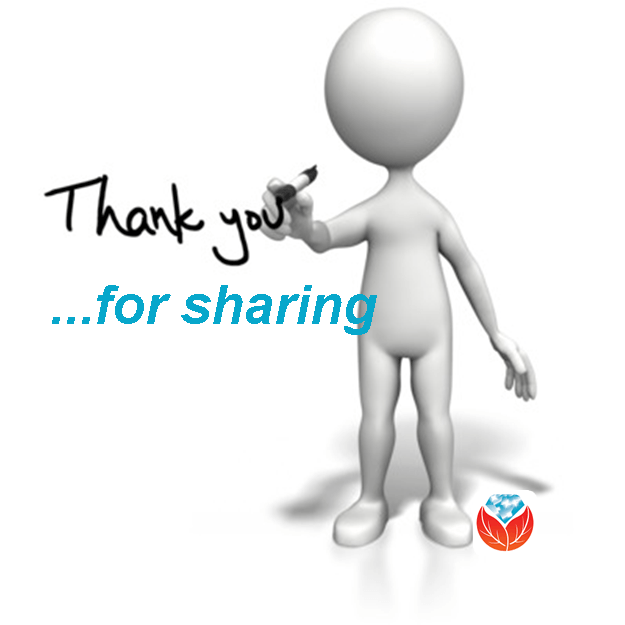
Thanks for sharing this post with others who have ancestors from these parts of the world. You’re a gem!
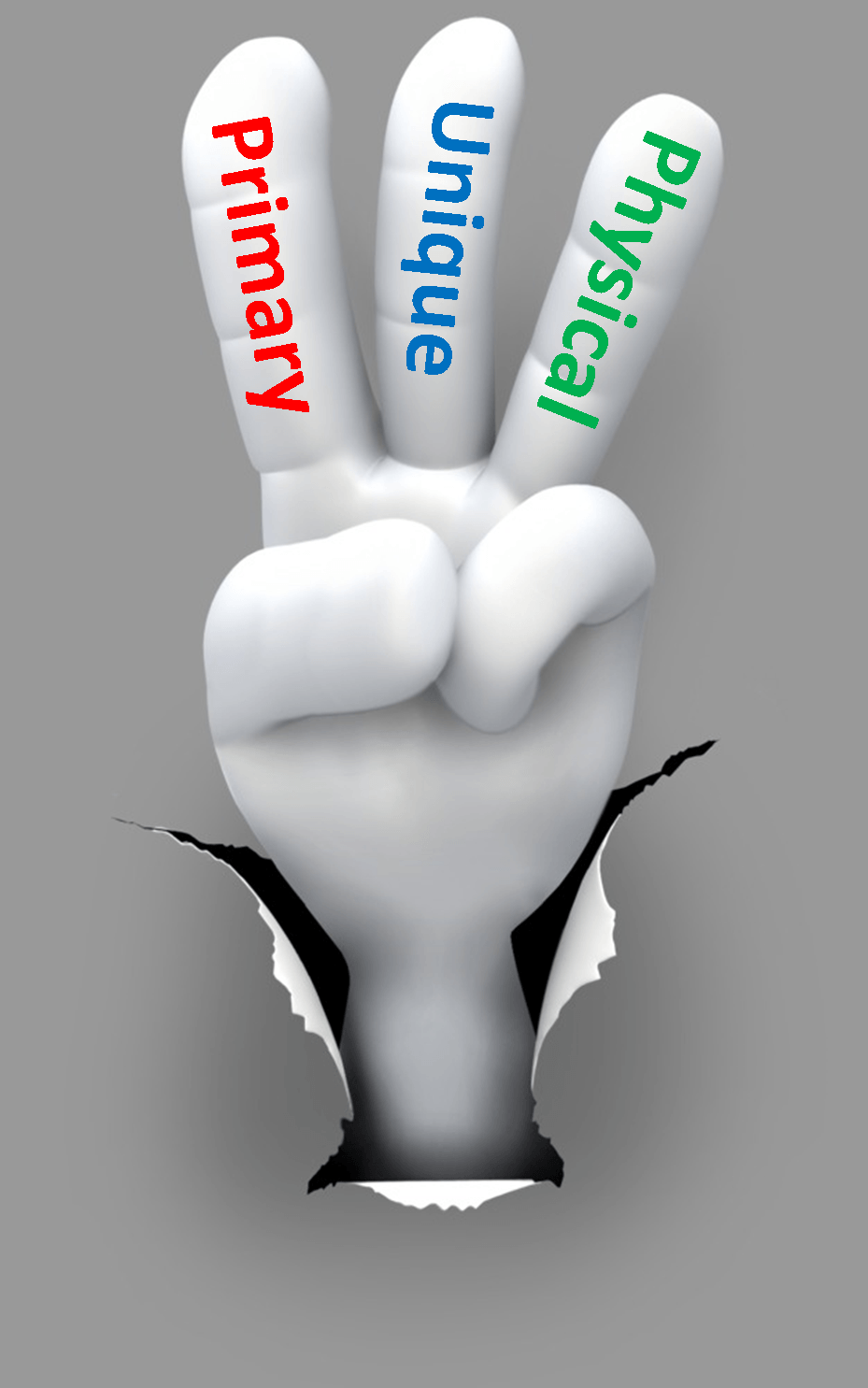
3 Reasons to Test Your DNA for Genealogy
 Why test your DNA for genealogy without even having a specific research question in mind? Here are 3 reasons.
Why test your DNA for genealogy without even having a specific research question in mind? Here are 3 reasons.
My youngest child, Eleanor, is nearly 8, so it was fun to have a 2 year old over the other day. She loved following Eleanor around, and Eleanor was equally thrilled to have someone to mentor in the ways of big girl play. I took special delight in listening to my daughter’s patient and surprisingly complete answers to our guest’s constant inquiries of “Why?” It got me thinking about the whys of genealogy, and especially of genetic genealogy.
I decided that there are three main reasons to test your DNA for genealogy:
1. DNA is primary information.
In genealogy, primary information is given by a source with firsthand knowledge of an event, with the best primary information being created at or around the time of the event. I think we can safely say that DNA falls into that category on both counts. Therefore, it is an excellent source of genealogical information and should be obtained as part of a thorough genealogical search.
2. DNA is a unique record.
DNA possesses several qualities that make this record type stand out from the rest. First and foremost, it cannot be falsified in any way. No name change, no deception, no miscommunication or misspelling can tarnish this record. Even if it is not a complete record of our family history, the story that it does tell is accurate.
3. DNA is a physical link to our past.
So much of genealogy work, especially in today’s digital world, is intangible. We add ancestors to our pedigree charts with a click of our mouse, having no idea of their physical characteristics, never once setting foot in the same places that they did, or if they preferred bread and butter or toast and jam.
But with the advent of DNA testing, I am able to see a physical connection between me and my ancestor. The first time I saw it seems unremarkable. It was just a blue line on top of a grey line, representing the location in the DNA where I had the same information as my cousin. But that line meant that we had both inherited a physical piece of DNA from our common ancestor, Lucy J. Claunch.
That realization didn’t add names or dates to my pedigree chart- Lucy had been on my chart since the beginning. But it did add a sense of purpose and reality to my genealogical work. In short, it inspired me to know more about Lucy and to tell her story because I felt inextricably tied to it. Perhaps many of you don’t need a DNA test to feel similarly motivated. Perhaps you already understand what I learned: her story is my story. But because I have her DNA in me, I am able to take that idea one step further. Because she lives on in me, my story is her story. So I better make it a good one.
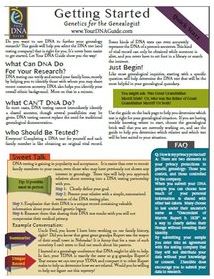 I can help you get started in DNA for genealogy with my Getting Started: Genetics for the Genealogist quick reference guide. This guide:
I can help you get started in DNA for genealogy with my Getting Started: Genetics for the Genealogist quick reference guide. This guide:
- helps you select the DNA test (and testing company) that’s right for you
- explains what DNA can and can’t do for your research;
- identifies who in your family should be tested;
- explains privacy measures; and
- tells you how to take a test.
If you’re ready to take on DNA, consider my entire value-priced bundle of DNA guides–for all the different types of testing and testing companies you may be considering. And you can always come to me for further consultation at my website.




